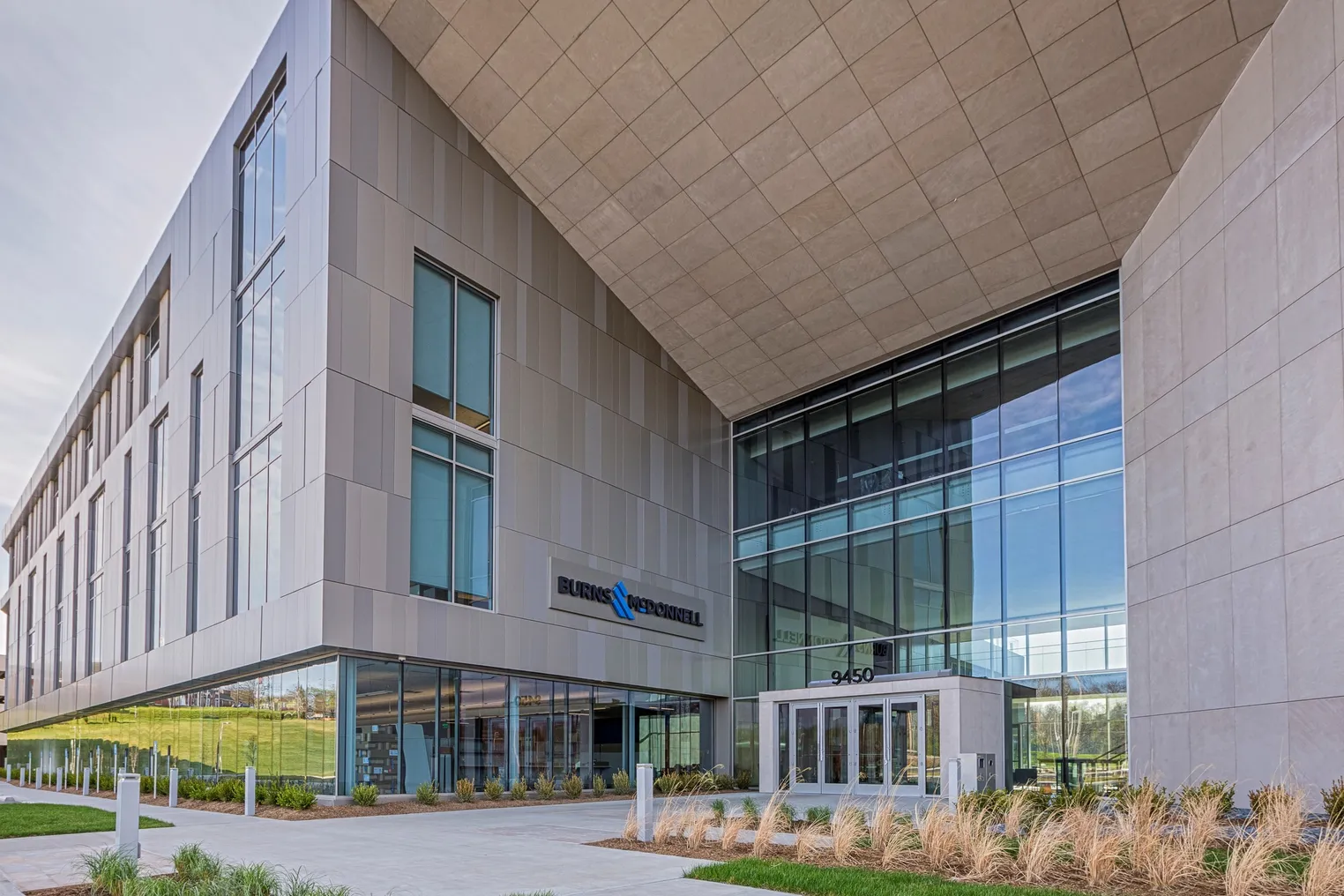
How preconstruction can ease cost and supply chain challenges
The importance of an effective preconstruction process has never been more apparent, said Brett Poulos, national director of preconstruction and estimating at Burns & McDonnell, a Kansas City, Missouri-based construction company.
Construction input prices increased again in July largely due to price hikes in petroleum and natural gas, according to an Associated Builders and Contractors’ analysis of U.S. Bureau of Labor Statistics data. Though these costs have begun to stabilize over the past year, they still sit near 40% higher than in February 2020.
So, as construction projects face increasing pressures from rising costs and procurement challenges, the role of preconstruction in mitigating these headwinds is growing in importance. The preconstruction phase increasingly gives owners and developers a better understanding of the project’s cost, scope and schedule.
Here, Poulos talks with Construction Dive about his experience in the construction industry, his preconstruction focus at Burns & McDonnell and the overall role of technology today.
Editor’s note: This interview has been edited for clarity and brevity.
CONSTRUCTION DIVE: What is your background in construction and how has it prepared you for this role?
BRETT POULOS: I started my career in the field with a self-perform general contractor, where I ran a total station and shot line and grade for self-perform crews. Starting my career in the field laying out work, learning from craftspeople as well as trade foremen, assistant superintendents and general superintendents really gave me a firm grasp of what it takes to plan a work activity and build a project.

My responsibilities expanded over the years and I worked my way into a project management role leading projects of various sizes and complexity in both the public and private sectors.
Throughout my career I developed a strong understanding of the front end of projects and migrated over to lead preconstruction for a few business lines, and eventually grew into my current responsibilities.
What are your top areas of focus as director of preconstruction?
Our industry is evolving.
The craft labor force doesn’t have the depth-charts that it used to have. The industry has a collective duty to draw attention to the benefits of working in the trades, and that includes creating career opportunities for experienced tradespeople within preconstruction and estimating teams.
I don’t require a college degree to be an estimator or preconstruction professional on our teams. Time in the field and time on tools can be just as valuable as a college degree — especially for self-perform discipline estimators.
With that said, our industry is rapidly evolving on the technology front as well, and we have to make sure our processes, systems and teams are structured to embrace and leverage this technology and keep a competitive advantage.
How does technology come into play in preconstruction?
Technology is one of the most powerful tools in our toolbox. Tech allows us to connect and leverage data in ways that bring huge benefits to our clients and project teams.
For our business, as an integrated EPC and design-build firm, we can merge technology, teams and workflows, and leverage the entire design and construction process, and associated data, which brings tremendous value to our clients.
We're embracing technology, AI and machine learning in our preconstruction services, and we're developing some pretty innovative offerings to our clients.
But with evolving and advancing technology, there comes a great responsibility to make sure there are robust processes to maintain data integrity.
Why is preconstruction important, especially in the face of rising costs and supply chain issues?
Preconstruction is arguably the most important phase of a project.
I'm admittedly biased, but let me explain — a robust preconstruction process allows the client to make data-driven decisions early in the design process so they can fulfill their mission.
If their goal is to fit a project within a target budget or get their plant or facility online by a certain date, the data we provide during the preconstruction process is paramount to their success.
Preconstruction is the bridge of communication, data and decision-making processes between stakeholders. The foundation of a project’s success is built and cured during the preconstruction process.
What challenges are you dealing with this year?
Over the past few years, everyone has had a hard time predicting the future and making projections on market trends, commodity pricing, etc. That has been an industry-wide challenge through unprecedented volatility.
Outside of industry-wide hurdles, the biggest challenge we're facing is developing and deploying our strategy toward the horizon.
What I mean by that is we're firming up our processes and tech to align with emerging technologies and the future of the industry. One thing is for sure, tech innovation is going to transform our industry, and the entire preconstruction process — especially for integrated EPC firms.
Any other important trends you think readers should know about preconstruction?
Preconstruction can be a broad term. We view preconstruction as the entire front-end process of safety analysis, constructability, lead time and schedule analysis, target-value-design and estimating.
When your projects are EPC, design-build, or collaborative delivery, the preconstruction process is very different from design-bid-build. The level of preconstruction integration and involvement can vary depending on the project delivery method and the capabilities of that preconstruction team.
We have found that projects are more successful for both the prime contractor and the client when preconstruction teams are engaged at the earliest possible point of project inception because it's much easier to share a clear vision of a project with a long runway for data-driven decisions.
















